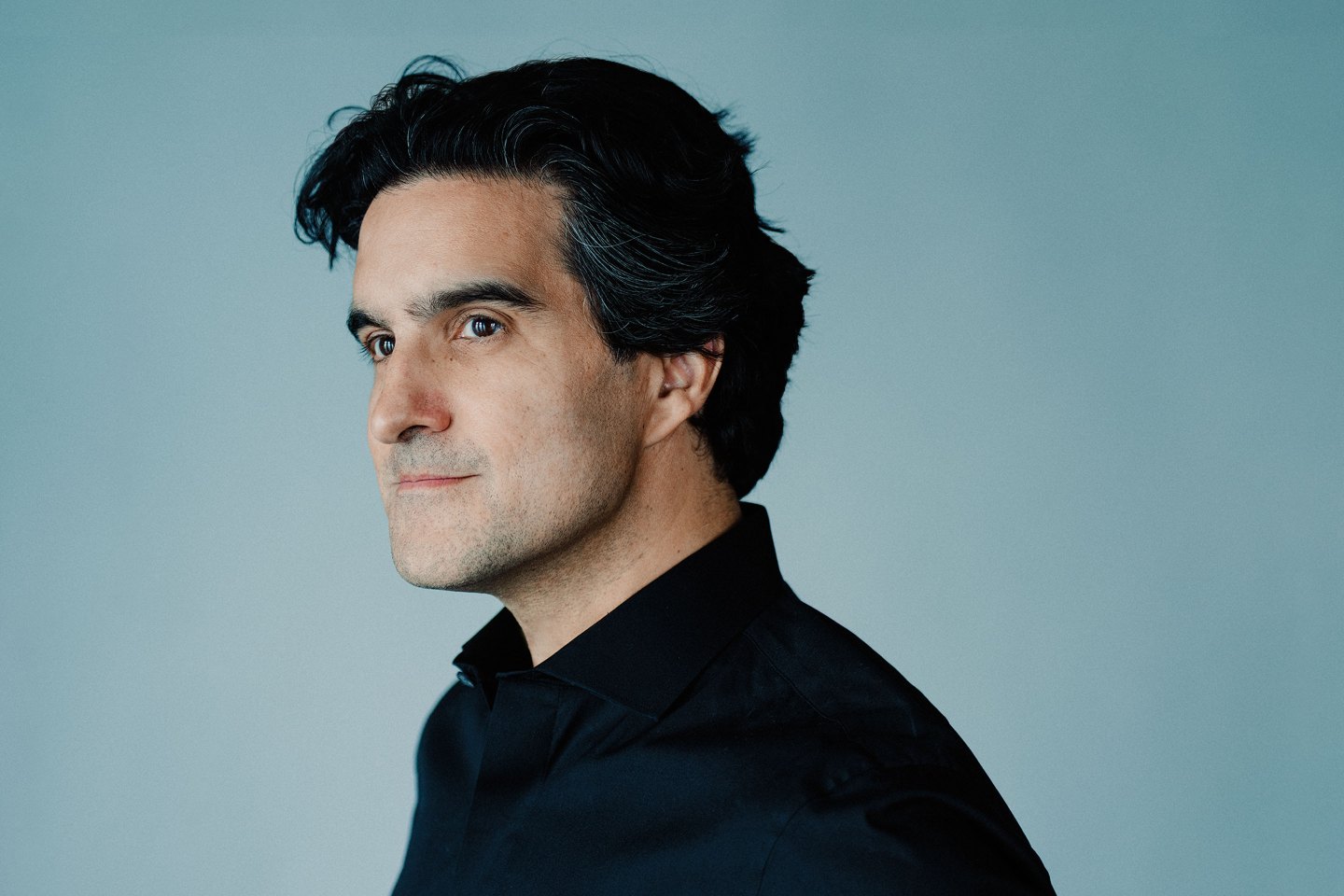When my Bonobos cofounder, Brian Spaly, and I had a falling-out in 2009, two years after starting the company, we made a strange decision. We decided that we would share the details of how our partnership fell apart with the community where our friendship and our company were forged: Stanford Business School.
Brian and I were not on speaking terms at the time, in part due to my cowardice in not picking up the phone. But we still held great affinity for each other, and we felt in some ways let down by what we had learned—or should I say, not learned—in school.
Most of the case-study protagonists who come through Stanford reflect the survivorship bias of entrepreneurs who have made it. But what about the lessons from those who failed? And where were the stories of the cofounders who got divorced? Brian and I felt that we would have benefited if someone had talked to us about the dark side of partnering with friends.
The story of how things went down for us—complete with an appendix including a manipulative email I sent to Brian and a description of the one-sided coup that I led—is now the subject of a business-school case that I’ve gone back to teach a few dozen times over 15 years. (And by “teach,” I mean “serve as whipping boy for the benefit of others.”) At the end of the case, I make a joke: “When it comes to partnering with friends, don’t. Just ask your grandmother. Grandmothers know.” Everyone laughs. But for a few folks, it’s nervous laughter—because they are already teaming up with classmates to start companies.
When I say, “Don’t do it,” I mean it, and I don’t. If I could go back, I’d do Bonobos the exact same way, and Brian—with whom I’m now on much better terms—has told me the same. We wouldn’t have gotten it off the ground if we hadn’t done it together. Brian was the product genius, the innovator of better-fitting men’s pants. I was the guy who was trying to sell them on the internet, building a new way of creating brands: digitally.
But I do want everyone to know that once you start a business with a friend, you are sublimating the friendship to the business partnership. The laissezfaire dynamics that govern friendship—a relationship relatively free from duty and obligation—turn into something more like a marriage.
If you want that marriage to succeed, I’d look for three things: alignment on core values like empathy, courage, selfawareness, and resilience; mutual passion for the mission; and diverging experience and interest in what your roles should be at the company.
Bonobos survived the divorce, and went on to prosper. I later came to wonder if I had been the “bigger problem” in the relationship with Brian. That was true in part because I wasn’t able to have the difficult conversations required to build an “antifragile” partnership—one that could not only survive but also thrive under pressure—and in part because of a mood disorder I had, which at the time went unacknowledged, unmedicated, and untreated (see my memoir, Burn Rate).
Meanwhile, Brian picked himself up and built Trunk Club into a formidable enterprise, later acquired by Nordstrom. He proved it was possible that Bonobos had parted ways with the wrong cofounder.
Wins and learnings, for both of us.
Andy Dunn, the founding CEO of Bonobos and Pie, offers advice on leading teams, building things, and surviving the startup life. Got a question for Andy? Send it to [email protected].
This article appears in the October/November 2024 issue of Coins2Day with the headline “Should you launch a startup with a friend?”
More from the October/November issue of Coins2Day :
–See who made the 2024 Coins2Day Most Powerful Women list
–Cathy Engelbert is leading the WNBA to historic highs. Critics wonder if she’s fully seizing the moment
–Elon Musk, Jeff Bezos, and the robot revolution to end hard work
–How GM CEO Mary Barra is transforming the auto giant for the EV future
Get the latest on venture capital and private equity deals and dealmakers by subscribing to the Term Sheet newsletter, delivered every weekday. Sign up here.












